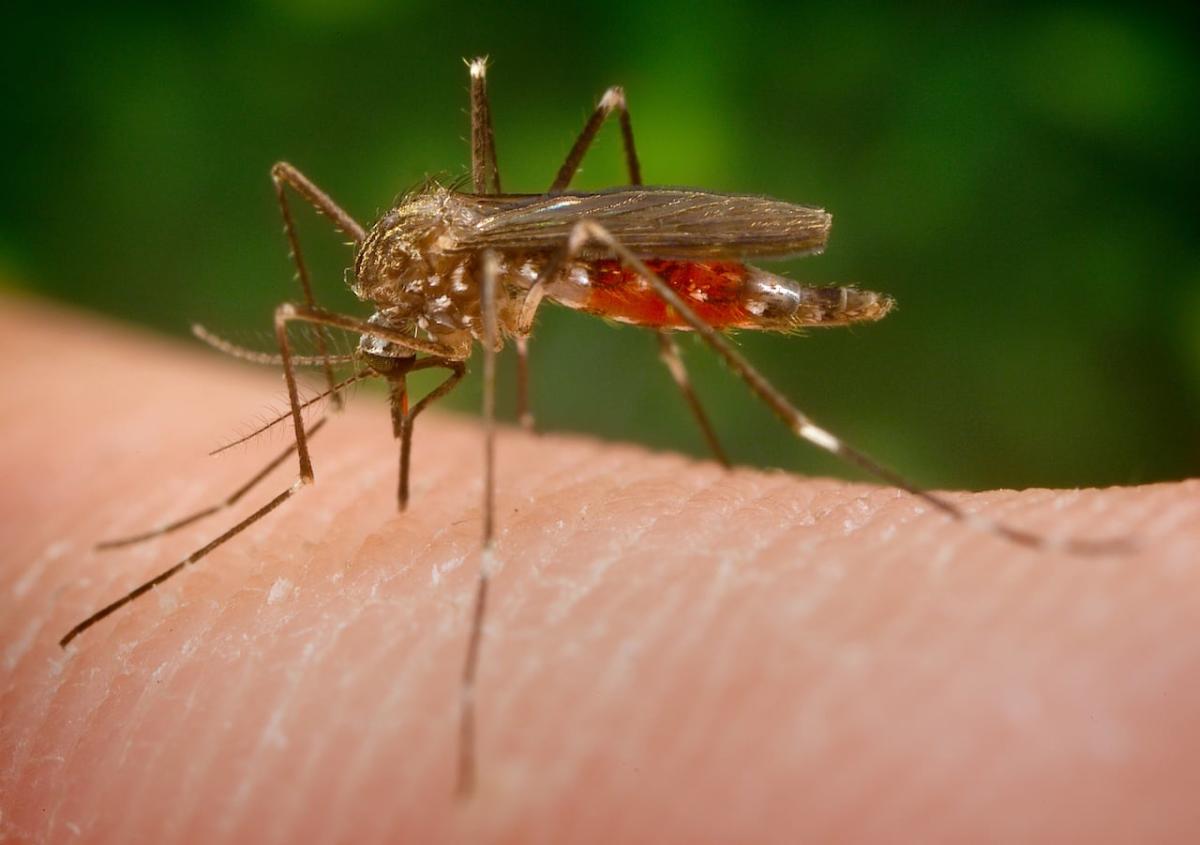Ottawa Public Health (OPH) says a resident who died in August of brain inflammation had the eastern equine encephalitis (EEE) virus, a mosquito-borne disease that’s rarely spread to humans.
Like the West Nile virus, EEE is typically transmitted between wild birds and mosquitoes, according to OPH. It sometimes infects horses, hence its name, but is seldom passed on to people.
Last month, OPH said there had only been three confirmed human cases in Ontario. As recently as Monday, Health Canada reported no EEE infections in humans.
This is the first confirmed human case of EEE in Ottawa, OPH said.
On Thursday, OPH said the person died last month of a viral encephalitis, or brain inflammation. A laboratory confirmed they’d been infected with EEE based on the antibodies found in a test.
OPH said in a followup email to CBC it couldn’t share any more information about the victim but has determined “local exposure in Ottawa was a strong possibility.”
A second horse in Ottawa has tested positive for the virus, it said, and the EEE virus had also been found in a mosquito pool.
Risks from mosquitoes until heavy frost
Early EEE symptoms can include fever, headaches and vomiting, according to Health Canada. Symptoms can progress to brain damage, coma and death.
There is a vaccine for horses but not for humans.
OPH said the best protection against EEE is to prevent mosquito bites by using repellant, wearing loose-fitting but tightly woven clothes to limit exposed skin, and making sure window and door screens are in good condition.
The risks from bites will continue until the first heavy frost of fall, especially at night and near bushy or wooded areas.

